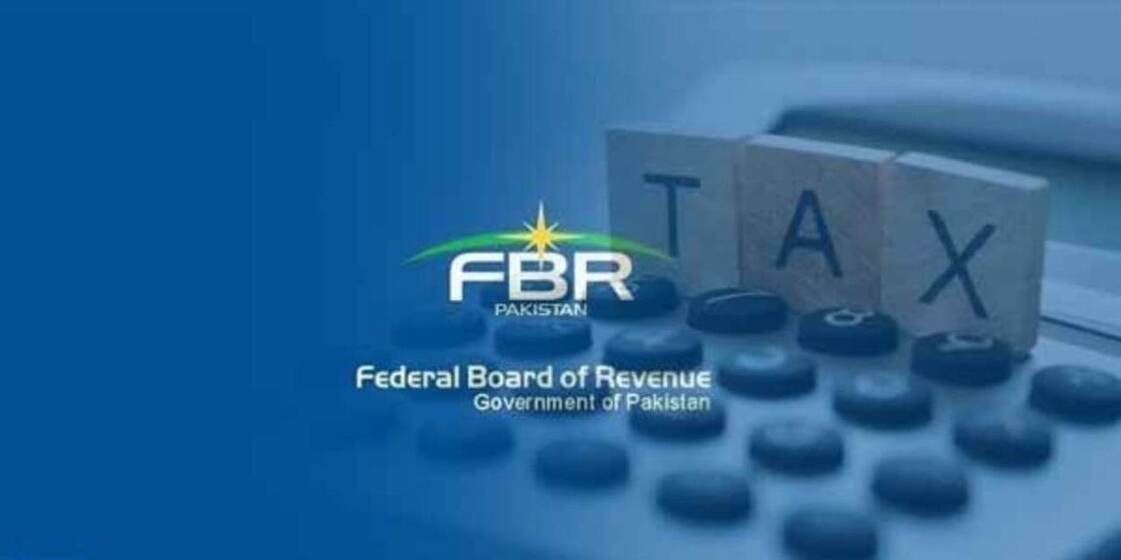The government is separating the Inland Revenue Department from the Customs Service under the Federal Board of Revenue (FBR) restructuring at a time when tax machinery required 120 percent growth in domestic taxes to achieve the target of January 2024.
Sources told ProPakistani that the major decrease in taxes from imports during January 2024 would force the FBR to make extra efforts to achieve over 120 percent growth in domestic taxes when compared with January 2023. Keeping in view the expected shortfall at the import stage, Inland Revenue officials need to coordinate with the Customs department to achieve the assigned targets.
The government should encourage tax machinery to achieve the assigned targets instead of ending the reporting lines to the FBR Chairman in the name of restructuring.
On the other hand, the centralized reporting system to the FBR Chairman has been proposed to be abolished, creating confusion among the entire tax machinery. The junior officers of regional tax offices, medium tax offices, and the corporate tax office of Karachi are already considering a strike against the FBR’s proposed restructuring plan.
According to a tax expert, major amendments in the Federal Board of Revenue (FBR) Act 2007 are required to implement the proposed restructuring of the Federal Board of Revenue (FBR).
The government has to tackle the legal issues being confronted during the proposed FBR’s restructuring. The question arises whether the caretaker government would be able to deal with the legal issue of legislation in the FBR Act.
The changes in the administrative structure of the FBR would not be possible without changes in the FBR Act of 2007. The amendment in the said Act is not possible without the approval of the Parliament or through an ordinance to be passed by the next government, they added.
Under the plan, the proposed Customs Oversight Board and Inland Revenue Oversight Board would each comprise 10 members under the restructuring plan of the Federal Board of Revenue (FBR).
The proposed Customs Oversight Board would comprise Secretary Revenue Division; Secretary of the Finance Division; a Secretary Commerce Division; economist; International Trade and WTO expert; an International Maritime/Logistics expert; Security and Border Controls expert; E-Commerce Expert; representative of trade & industry and Director General Customs.
The proposed Inland Revenue Oversight Board would comprise Secretary Revenue Division; Secretary Finance Division; Secretary Commerce Division; International Tax Law Expert; Inland Revenue economist; income tax expert; sales tax and excise expert; technology expert; representative of trade & industry and Director General Inland Revenue.
The Policy Board is already established under the FBR Act of 2007. The Policy Board can guide in matters relating to the vision, mission, and values of the Board, and to provide policy guidelines in framing fiscal policy and in achieving goals and targets. The Policy Board should be strengthened instead of creating separate Inland Revenue and Customs Boards.
In the present setup, the Customs already had separated reporting lines and the Inland Revenue Service (IRS) had a separate setup except for one Chairman for both groups.






















